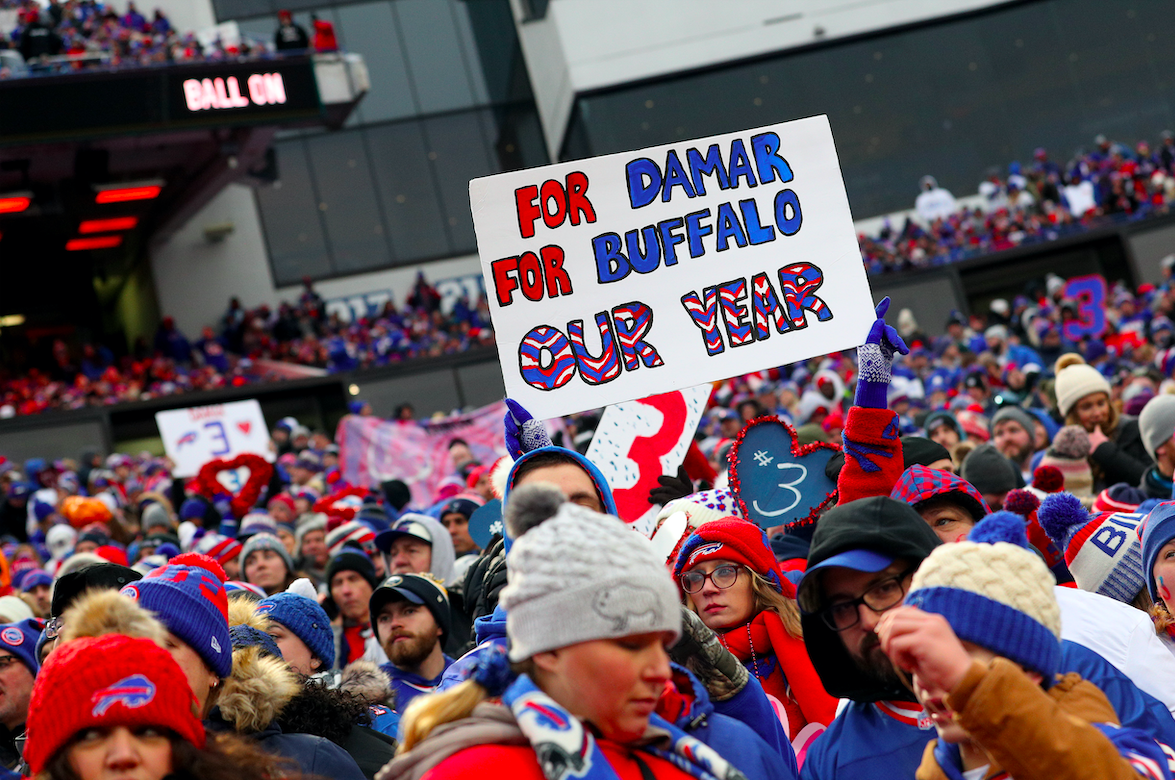Leading up to the 2013 college football season, the gazes of prognosticators and analysts were transfixed on two prospects, Teddy Bridgewater and Jadeveon Clowney. Bridgewater was considered the favorite signal calling prospect of pro scouts and while his cerebral nature has created some non-believers as his Cardinals fell short of winning the Athletic Conference's automatic BCS bid, it was still a success. Not only did he avoid the pitfalls Clowney stepped into the fire with a heavy burden on his shoulders, but maintained his positioning as the No. 1 quarterback in the 2014 class. When most fans hear black quarterback, Pavlov's bell rings mentally and they automatically assume he's a runner in open space. Back in August, TSL addressed the misconceptions about Bridgewater's playing style in addition to his unique place in the history of black quarterbacks.
The black quarterback has traversed a difficult path through murky NFL waters over the past half-century. There was a time not too long ago when NFL cognoscenti doubted the ability of black quarterbacks to handle the complexities of being the CEO of their pro offenses.
Forty-four years before Russell Wilson shattered Peyton Manning’s rookie passing touchdown record like Tim Tebow playing pitch and catch in a china shop, Marlin Briscoe broke the Denver Broncos rookie passing record. For his efforts, the Broncos cut him and he ended up as a receiver on the undefeated '72 Dolphins.
As a result, pioneers like Warren Moon, the latter day saint of modern drop back passers, took a detour through the CFL when NFL GMs asked him to play tight end. After setting the CFL record book on fire, Moon returned with guns blazing at the helm of the Houston Oilers’ run-and-shoot offense.
Shockingly, he’s still the NFL’s only black quarterback in Canton, but contemporary black signal callers don’t have that problem. Especially after Cam Newton and Robert Griffin III dashed their way to the top of the NFL Draft. After he finishes up his junior season, 20-year-old Louisville quarterback Teddy Bridgewater is expected be the first quarterback off the board in April’s draft.
Previous generations of black quarterbacks were defined by what they couldn’t do. Today they’re bunched together based on what is assumed they can do—run the football.
These stereotypes don’t hold the same mean-spirited racial undertones as the crowd that once questioned previous waves of black quarterbacks’ cognitive abilities. However, Pavlov’s bell rings at a certain frequency whenever a black quarterback steps onto the field. It’s why absurd notions of Geon Smith running the read-option are still bandied about in New York.



